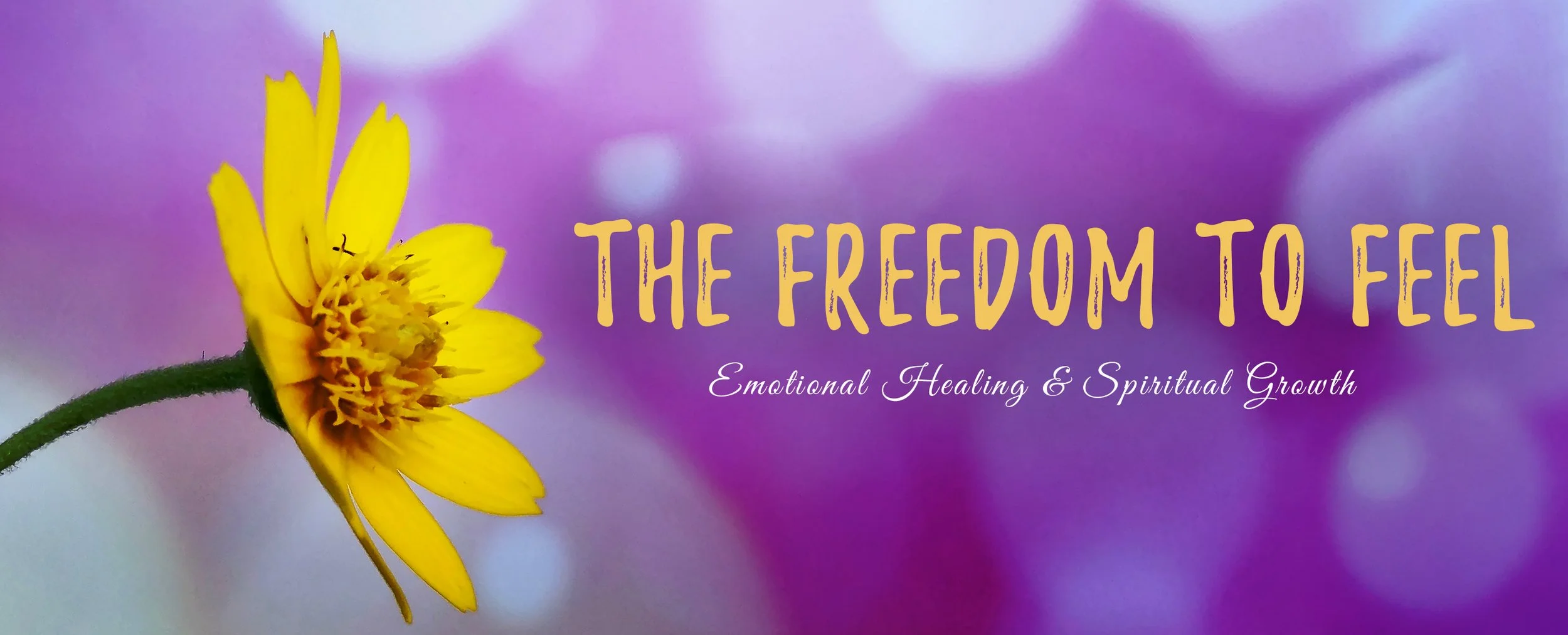Here are some inspiring and insightful passages in “Poetry Rx: How 50 Inspiring Poems Can Heal and Bring Joy To Your Life” by Norman E. Rosenthal — Poetry Rx was chosen by The New York Times as a top wellness book of 2021!!
THERE’S A CERTAIN SLANT OF LIGHT
Poem by Emily Dickinson
There’s a certain Slant of light,
Winter Afternoons —
That oppresses, like the Heft Of Cathedral Tunes —
Heavenly Hurt, it gives us —
We can find no scar,
But internal difference —
Where the Meanings, are —
None may teach it — Any —
‘Tis the seal Despair —
An imperial affliction Sent us of the Air —
When it comes, the Landscape listens —
Shadows — hold their breath —
When it goes, ’tis like the Distance
On the look of Death —
I first encountered this poem when it fell out of a letter I opened. It was 1981, and I was a junior psychiatric associate at the National Institute of Mental Health (NIMH), opening thousands of letters from people all over the United States who had responded to a newspaper ad seeking people with recurrent winter depressions. At the time, the condition of seasonal affective disorder (SAD) had not yet been recognized, and there was a fair amount of skepticism about the idea. So when Dickinson’s poem tumbled out of one of the letters, I appreciated it not only for its artistry, but also as validation of the condition I was to study for much of my professional life.
“A certain Slant of light”: what is it about the light in winter that some people find oppressive? Some might say shorter days or grey skies, but few would likely comment on “a certain Slant of light.” Yet it is this angle of the sun to the earth that is the very essence of winter, as the earth tilts away from the sun in its annual orbit. So, in the very first line, we see elements of what makes Emily Dickinson a great poet: originality of insight, and the ability to penetrate to the core of a concept in just a few words…
— Experience the light around you. Experience how the light changes across the day and with the seasons, how it is softened by grass and trees and greenery, intensified by vast skies and desert, and reflected off rivers, lakes, and oceans. An awareness of the changing light can add joy and drama to every day.
— Experience how changes in light, weather, and your physical environment influence your mood. On dreary days, when it is difficult to go outdoors, notice how bringing extra light into your environment can increase your energy and spirits. Conversely, even when your indoor light is adequate, notice how time spent outdoors, especially when combined with exercise, can be bracing and enlivening. If you have troubles with the changing seasons, there is now an extensive literature that can help you address them.
— Observe how bright light in the morning can get you going and help you start the day with a spring in your stride. Likewise, soft light in the evening can help you wind down and get a good night’s sleep. Correctly used, exposure to bright light and darkness at different times of day can strengthen your circadian rhythms. Internal clocks, which respond to the timing of light and darkness, govern these daily rhythms and influence many functions that can make your daily activities more efficient and enjoyable. In fact, there is a biological clock in every cell in the body, all of which are controlled by a master clock in the brain.
Poetry can not only inspire and delight, but can actually help you feel better, soothe your pain, and heal psychological wounds.
Poetry Rx was chosen by The New York Times as a top wellness book of 2021!!




